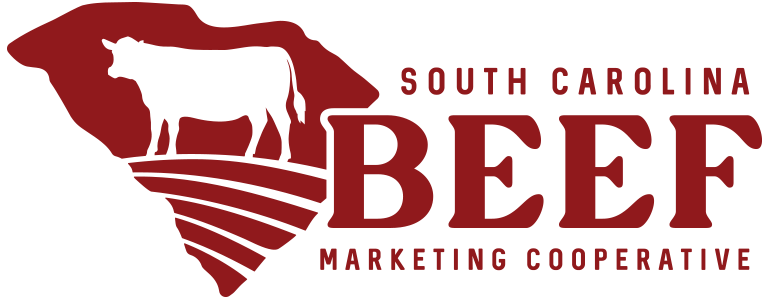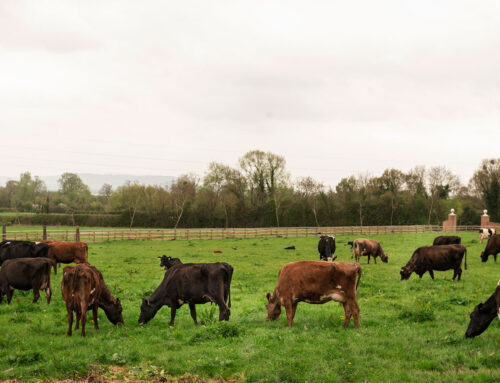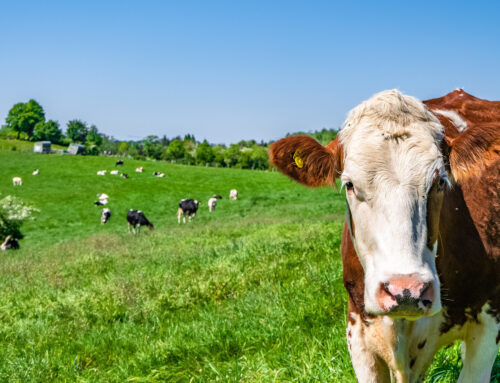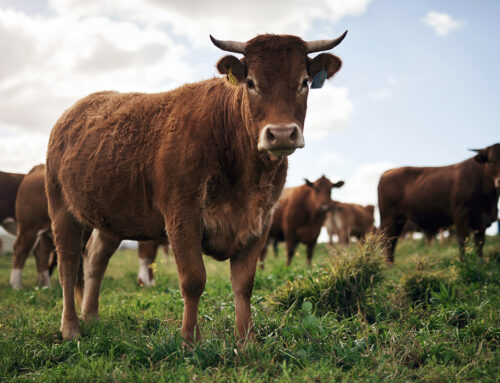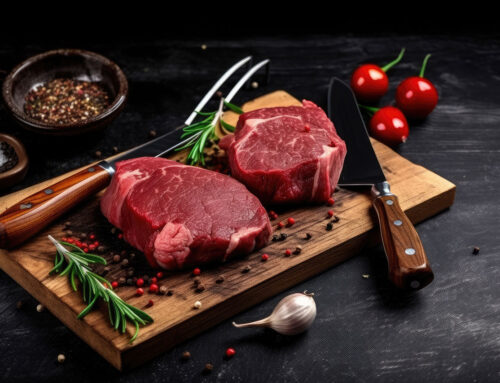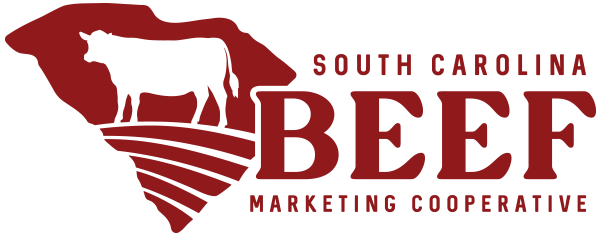Beef Life Cycle: A humane & healthy pursuit of quality livestock in South Carolina
The beef life cycle in South Carolina is a complex and fascinating process attuned to the lessons of agricultural truths realized through generations of farmers working both animal and land. From the time a calf is born to the time it is slaughtered and processed — there are many steps involved in producing beef.
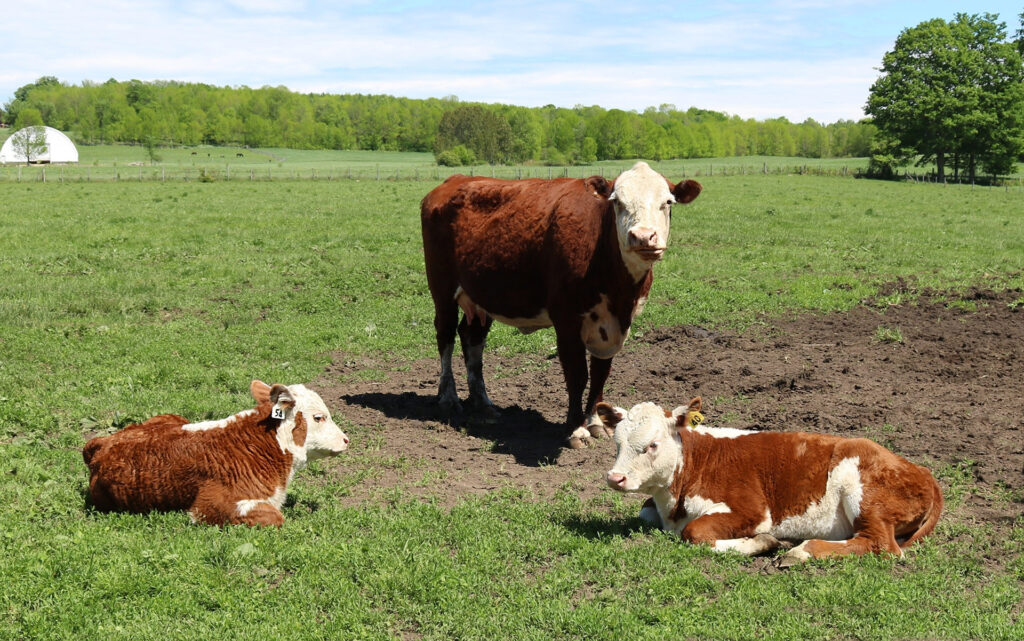
At the Palmetto Beef Express, we are looking at the beef life cycle in South Carolina, from start to finish. The first step in the beef lifecycle is the breeding of cattle.
The beef life cycle begins with conception when a bull fertilizes an egg inside a cow. The gestation period for a cow is about nine months, and after that, the cow gives birth to a calf. Calves are born with their eyes open and can stand and walk within a few hours. They will be nursed from their mother for about six months, and then they will start to eat grass and other plants.
When a cow is about 2 years old, she is old enough to be bred. She will typically have one calf per year. Cows can live for about 20 years, but they are usually slaughtered for beef when they are about 5 years old. Once a calf is weaned, it will be raised on pasture for about two years.
During this time, the calf will grow and develop into a steer or heifer.
Steers are male cattle that have been castrated, while heifers are female cattle that have not been bred. Steers are raised for beef production, while heifers are raised for breeding or dairy production. Steers are typically slaughtered at around 18 months of age, while heifers are typically slaughtered at around 24 months of age.
The way that a calf is raised can have a significant impact on its future health and well-being. Calves that are raised in pasture have access to fresh air and sunshine, and they can exercise and socialize with other animals. This can help them to develop strong bones and muscles, and it can also help to reduce stress and improve their immune system.
Calves that are raised in confinement, on the other hand, are not able to benefit from these same advantages. They may be kept in small, crowded pens, and they may not have access to fresh air or sunlight. This can lead to health problems such as lameness, respiratory infections, and stress-related disorders. Cows are social animals, and they live in herds. The herd is led by a dominant cow, called the matriarch. The matriarch is responsible for leading the herd to food and water, and she also protects the herd from predators.
Cows are herbivores, which means they eat plants. Their diet consists mostly of grass, hay, and grain. They also eat some fruit and vegetables. Cows need a lot of water, and they will drink about 30 gallons of water per day.

A humane slaughter process observed in South Carolina
After two years, a steer or heifer will be ready to be slaughtered. Slaughterhouses in South Carolina follow strict guidelines to ensure that the animals are humanely killed. The meat from slaughtered cattle is then processed and packaged, and it is eventually sold to consumers.
South Carolina has strict guidelines for the humane slaughter of beef. These guidelines are designed to ensure that animals are treated with respect and compassion throughout the slaughtering process.
The guidelines require that animals be stunned before they are slaughtered. This is done to minimize pain and suffering. The stunning method must be effective in rendering the animal unconscious.
After the animal is stunned, it must be bled out quickly and completely. This is done to prevent the animal from feeling pain or distress.
The carcass must then be inspected to ensure that it is free of any defects. If the carcass is found to be defective, it must be discarded.
The guidelines also require that the slaughterhouse be clean and sanitary. This is to prevent the spread of disease.
The slaughterhouse must also have a humane slaughter plan in place. This plan must be reviewed and approved by the South Carolina Department of Agriculture.
The humane slaughter of beef is important for several reasons. First, it ensures that animals are treated with respect and compassion. Second, it minimizes pain and suffering. Third, it prevents the spread of disease. Fourth, it helps to ensure the safety of the food supply.
If you are concerned about the humane treatment of animals, you can contact the South Carolina Department of Agriculture. You can also contact the Humane Society of the United States.
